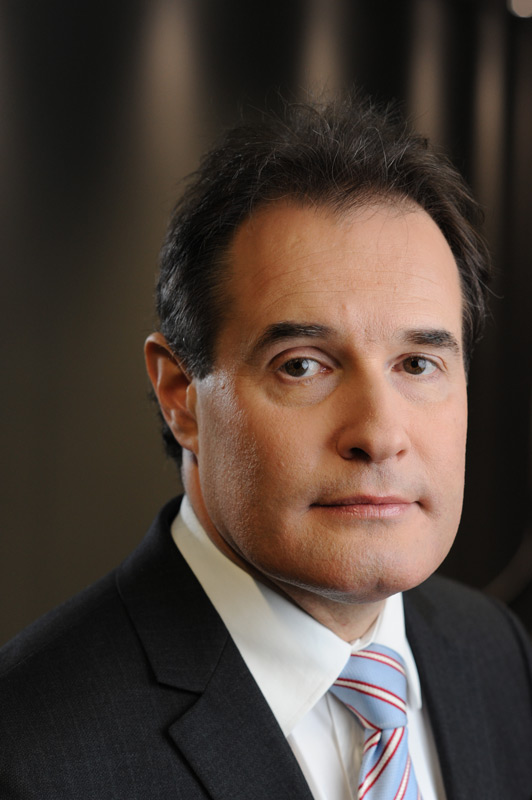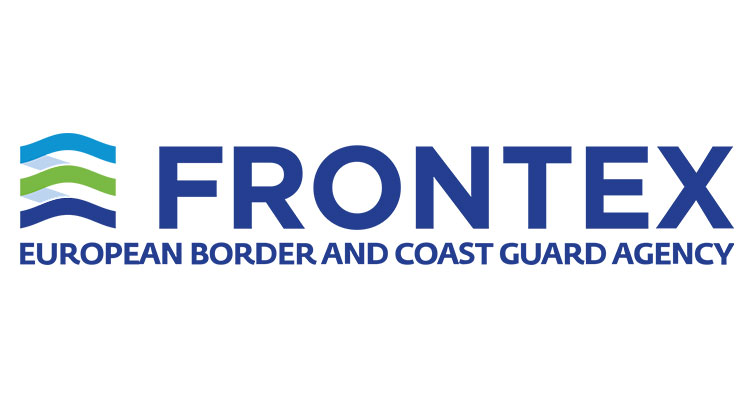The European Border and Coast Guard Agency – Frontex – will appoint a liaison officer in Serbia, Frontex Executive Director Fabrice Leggeri confirmed and added that the officer would be responsible for the entire Western Balkans region.
In an interview with Politika daily, Leggeri said that the Frontex officer would be headquartered at the EU Delegation to Serbia and given that “the Delegation is a diplomatic mission, the officer will therefore have a diplomatic status,“ Leggeri explained.
 When asked whether a new wave of refugees from Asia and Africa could be expected, he said that the EU’s main focus was the Central Mediterranean route from Libya to Italy.
When asked whether a new wave of refugees from Asia and Africa could be expected, he said that the EU’s main focus was the Central Mediterranean route from Libya to Italy.
“Another major route is the Eastern one, branching out from Turkey to Bulgaria and Greece. We have put that route largely under control, above all thanks to the EU-Turkey agreement. Moreover, the number of migrants using that route has decreased by 95 per cent. This is good news for Serbia,” Leggeri said.
He said that Frontex had already arranged training for Serbian police in order to improve their skills, such as their knowledge of return procedures.
In an interview the Radio Televison of Serbia, Leggeri said that he perceived Serbia as a future EU member, whereas he considered Serbian border police to be colleagues in the context of securing the European borders.
Asked to comment on the most serious challenges Frontex was facing, Leggeri said that the main challenge was the situation on the Central Mediterranean route.
According to him, as of 1 January 2017, over 85,000 people have arrived in Italy from Libya.
“In Libya, there are criminal organisations and smugglers arranging the transfer of people from Africa. There are many economic migrants from Sub-Saharan and West Africa, but many of them are coming from Bangladesh, too,” Leggeri said.
When asked to comment on the Frontex organisational shortcomings, Leggeri said that he took office a couple of months before the migrant crisis hit the peak and added that he did not expect the number of asylum seekers from Syria and the Middle East to be that high.
He said that in a couple of weeks the number of illegal migrants on Greek islands was up 18 times.
“No country in the worlds can deal with that situation on its own,” Leggeri said.
He said that the EU’s political response was to allocate more money for Frontex and increase the number of people on border crossings and in coastal guard as well as to give Frontex a new mandate in October 2016.
Leggeri was asked whether the fact that Frontex was present on the Serbian-Croatian border during the migrant crisis meant that it failed to protect EU external borders.
“In summer of 2015, Frontex had neither sufficient resources nor powers to carry out rapid interventions in Greece. The situation is different now,” Leggeri said.
“We have 1,250 people from the Schengen area who can be deployed in five working days,” Leggeri said and added that the Poseidon operation was still being carried out in Greece.
“Eastern borders are our priority – Greek and Bulgarian borders – that is land and sea borders with Turkey. It is the first line of defence when it comes to protection of EU external borders, and I believe this is a good thing for Serbia,” Leggeri said.
Asked whether Frontex could help Serbia to strengthen border controls, Leggeri said that the Agency had established excellent cooperation with Serbia back in 2009.
“We have got working arrangements with the Ministry of Interior. It means that Frontex and Serbian police, border police in particular, have a very close cooperation,” said Leggeri.
“We are now working to expand that cooperation on the border between Serbia and the EU,” Leggeri said and noted that “the focus is not only on illegal migration, but also the fight against crime,” adding that Frontex and Serbian law enforcement are working to fight trade in arms and car theft as well.
During his visit to Serbia, Leggeri talked with Minister in charge of European integration Jadranka Joksimovic, Minister of Defence Aleksandar Vulin, Minister of Interior Nebojsa Stefanovic and Minister of Labour, Employment, Veteran and Social Affairs Zoran Djordjevic.




